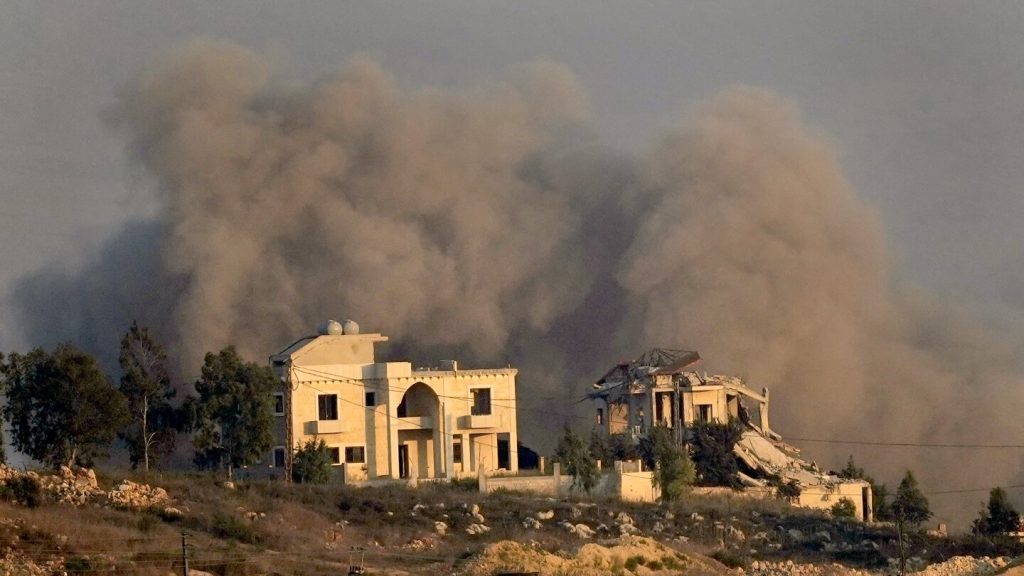Tensions between Israel and Hezbollah have reached a critical point in the past week, with a series of deadly attacks and retaliatory strikes escalating the conflict. The violence began with explosions of pagers and walkie-talkies used by Hezbollah, which were attributed to Israel and resulted in civilian casualties in Lebanon. Hezbollah’s leader vowed retaliation, leading to a wave of rocket attacks on northern Israel and the killing of a top commander in a strike in Beirut. The cross-border attacks intensified, with hundreds of rockets launched into Israel from Lebanon, prompting Israel to respond with airstrikes.
The situation further deteriorated on Monday when Israel launched a series of strikes that resulted in more than 550 Lebanese casualties, marking the deadliest attack since the 2006 war between Israel and Hezbollah. The Israeli military warned residents in southern and eastern Lebanon to evacuate ahead of an expanding air campaign against Hezbollah. Thousands of people fled their homes in areas where Hezbollah is active, fearing an all-out war between the two sides, which could further destabilize the region.
Both Israel and Hezbollah have stated that they do not want a full-scale war, despite the increased hostilities. However, with escalating attacks and threats of heavier reprisals, the situation remains volatile. While both sides have engaged in repeated strikes against each other following the conflict in Gaza, they have previously backed down under pressure from the U.S. and its allies when the violence threatened to spiral out of control. Israeli leaders have warned of a potential larger military operation to prevent attacks from Lebanon and allow displaced Israelis to return to their homes near the border.
The border between Israel and Lebanon has witnessed daily exchanges of fire since the conflict with Hamas began, resulting in casualties on both sides and displacing hundreds of thousands of people. Hezbollah has promised retaliation for Israeli attacks but has also shown caution in escalating the crisis further to avoid triggering a full-scale war that it could be blamed for. The group faces a challenging balance of responding to Israeli aggression while avoiding large-scale attacks on civilian areas.
Israeli officials have not disclosed specific plans for further military operations against Hezbollah, but reports suggest that a ground invasion of Lebanon is being considered. With the conflict in Gaza slowing down, Israel has increased its forces along the Lebanese border, including deploying a powerful army division. The Defense Minister has declared a “new phase” in the war as Israel shifts its focus towards Hezbollah, raising concerns about the potential impact of a full-blown conflict on the region.
A new war between Israel and Hezbollah could have devastating consequences, surpassing the trauma of the 2006 conflict that has served as a deterrent for both sides. The previous war resulted in hundreds of casualties on both sides and extensive destruction in Lebanon and Israel. Hezbollah’s significant arsenal of rockets poses a major threat to Israel, with concerns about precision-guided missiles targeting the entire country. Israel has bolstered its air defenses, but the ability to withstand intense barrages during a new conflict remains uncertain. The possibility of turning southern Lebanon into a battle zone and inflicting damage similar to that in Gaza has been raised, indicating the potential for a prolonged and destructive confrontation if hostilities continue to escalate.


